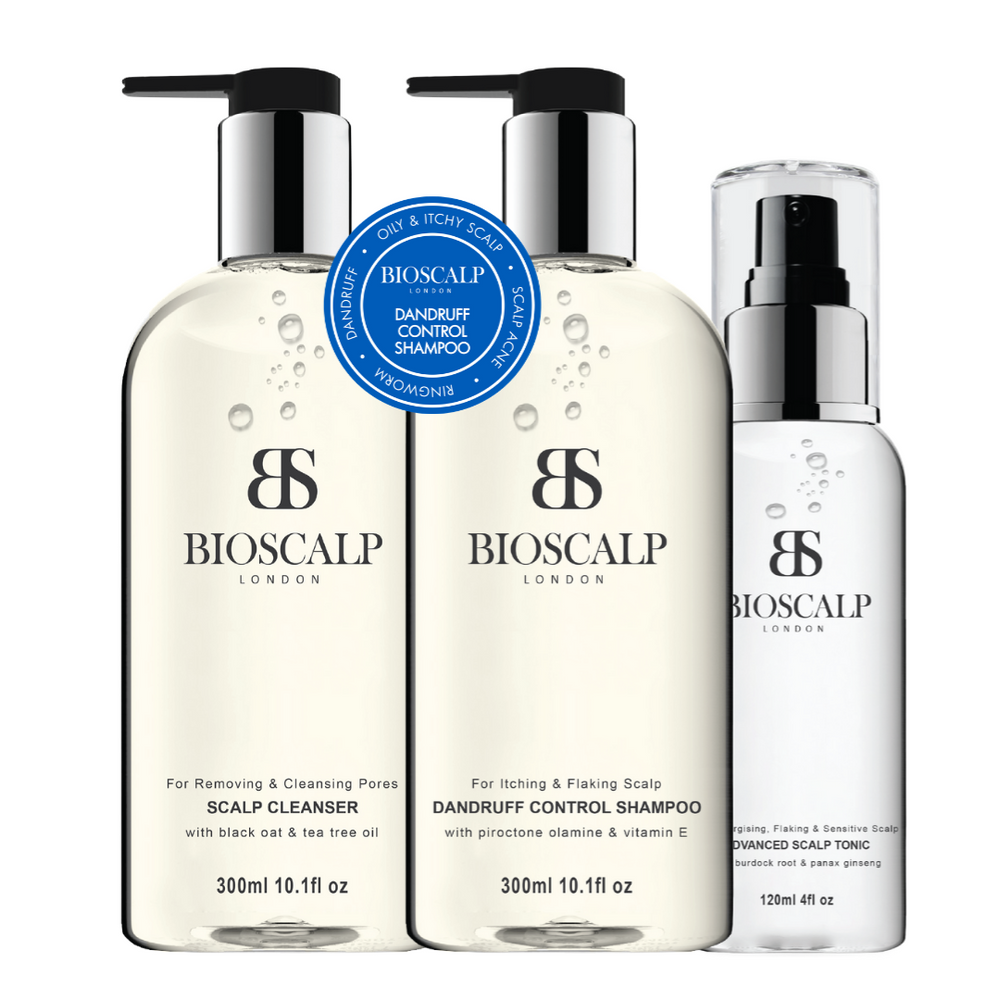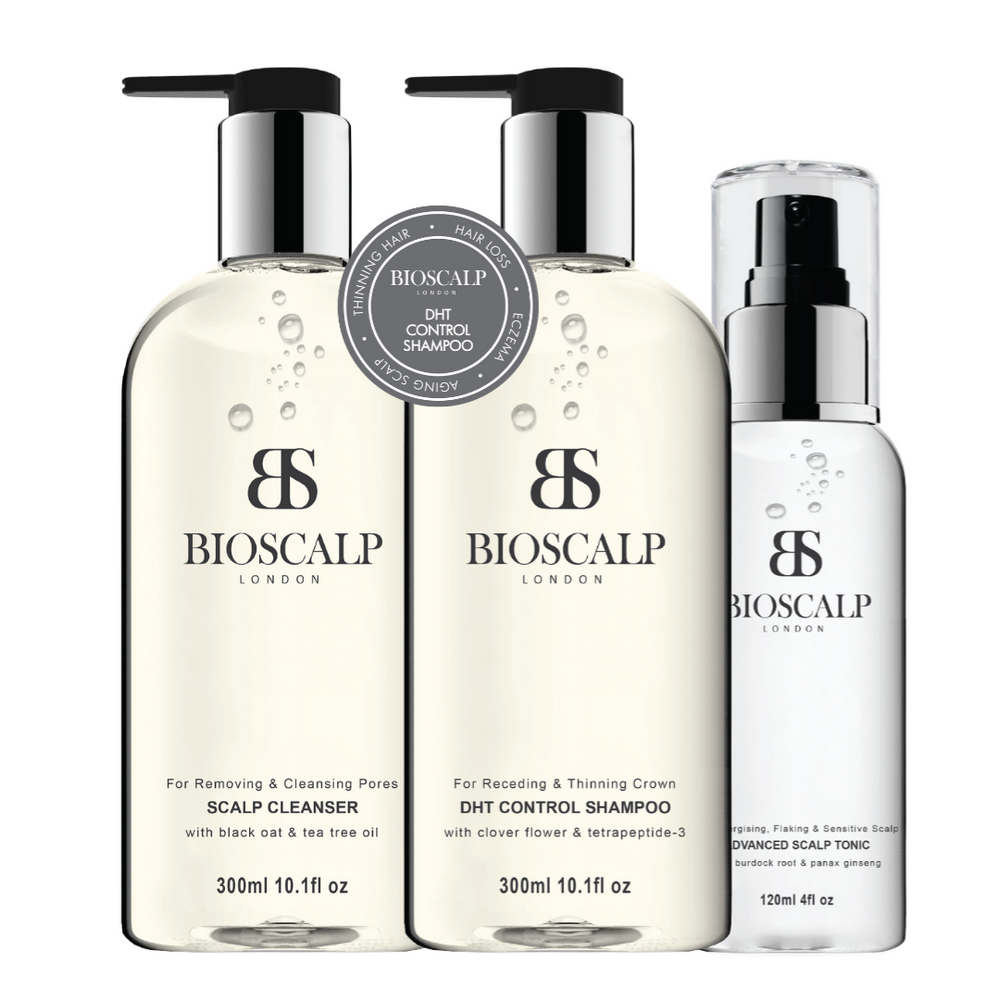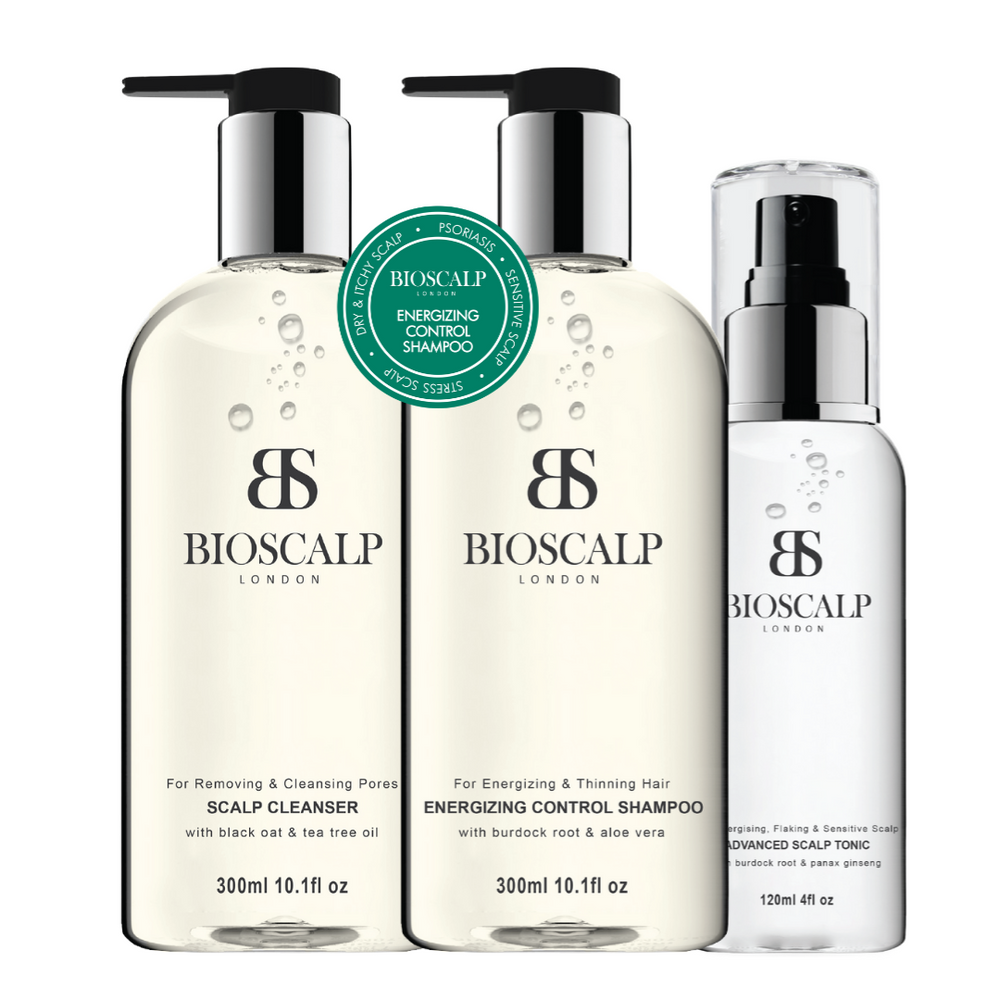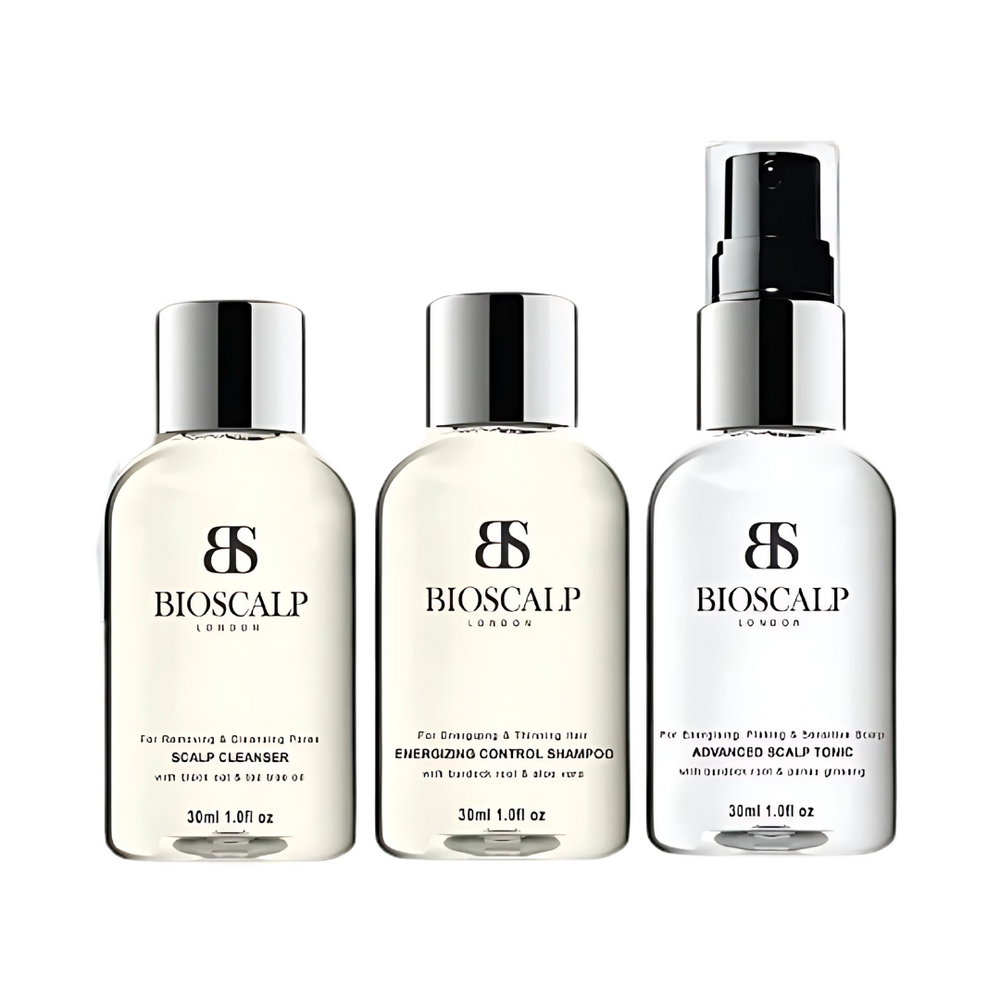Hair thinning can be a distressing experience, but the good news is that with proactive care and mindful practices, you can take steps to maintain healthy, full-bodied hair. If you’ve been searching for ways to avoid hair thinning, you’re not alone. Many people are embracing a combination of dietary choices, scalp care, and lifestyle habits to combat thinning hair and nurture their locks. Here’s a comprehensive guide to help you get started.

Empower Your Diet for Stronger Strands
Healthy hair starts from within, and a balanced diet plays a pivotal role in hair health. Protein is the building block of hair, so include lean meats, fish, eggs, and legumes in your meals to strengthen hair strands. Pair this with a rainbow of fruits and vegetables rich in vitamins like biotin, vitamin D, and antioxidants, which are essential for promoting hair growth. For an extra boost, incorporate nutrient-packed superfoods such as spinach, sweet potatoes, and avocados. These foods not only nourish your hair but also enhance your overall well-being.
Hydration is Key
It’s easy to overlook the importance of hydration, but drinking enough water is vital for maintaining healthy hair. Dehydration can lead to dry, brittle strands and a lackluster scalp. Aim for at least 6–8 glasses of water daily to ensure your hair follicles stay moisturized and nourished, promoting resilience against thinning.
There are also hair care sets focused on hydration available to support your hair follicles.
Adopt Gentle Hair Care Rituals
Your hair care routine matters more than you might think. Treat your hair with care by opting for sulfate-free shampoos and conditioners tailored to your hair type. Avoid harsh towel drying and resist brushing wet hair, which is prone to breakage. Instead, use a wide-toothed comb to gently detangle. Taking a soft, mindful approach to hair care can help preserve its strength and reduce thinning over time.

Focus on Scalp Health
A healthy scalp is the foundation of healthy hair. Make sure the scalp is properly clean with specialised scalp cleanser. Regular scalp massages not only feel relaxing but also stimulate blood circulation to hair follicles, potentially enhancing growth. Consider using nourishing oils like coconut or jojoba oil during your massages to moisturize the scalp and strengthen roots. A well-nurtured scalp creates the perfect environment for hair to thrive.
Mind Your Stress Levels
Stress is a silent culprit behind many cases of hair thinning. When you’re stressed, your body produces hormones like cortisol that can negatively impact hair health. Incorporate stress management techniques such as yoga, meditation, or even a daily walk to reduce tension. Finding moments of calm in your day can have a profound impact not just on your hair, but on your overall health.
Shield Your Hair from Damage
Environmental factors can take a toll on your hair, leading to thinning and breakage. Protect your hair from harsh sunlight and pollutants by wearing hats or using UV protection sprays. Chlorine from swimming pools is another common irritant—make sure to rinse your hair thoroughly after a swim to minimize damage.
Choose the Right Products
Selecting the right hair care products can make a world of difference. Look for shampoos and conditioners infused with ingredients like biotin, keratin, or caffeine, which are designed to fortify hair and reduce thinning. Scalp serums and hair masks can also offer added nourishment, helping to invigorate hair follicles and promote a fuller appearance. Scalp products designed for hydration can really make a difference.

Keep It Trimmed
Don’t underestimate the power of regular trims. Split ends can travel up the hair shaft, making your hair appear thinner and more fragile. Scheduling a trim every 6–8 weeks keeps your ends healthy and helps maintain the overall thickness of your hair.
Seek Professional Insight
If you’re noticing persistent or significant hair thinning, don’t hesitate to consult with a dermatologist or trichologist. These experts specialize in hair and scalp health and can provide personalized advice, from diagnosing underlying issues to recommending targeted treatments like platelet-rich plasma (PRP) therapy or laser treatments.
Supplement Wisely
For those who may have dietary gaps, nutritional supplements can provide an extra layer of support. Biotin, iron, and omega-3 supplements are popular options for boosting hair health. However, it’s essential to consult with a healthcare provider before introducing any supplements into your routine to ensure they align with your specific needs.
Conclusion: A Holistic Approach to Hair Health
Preventing hair thinning requires a multifaceted approach that starts with nourishing your body and extends to gentle care and mindfulness. By focusing on your diet, maintaining a healthy scalp, managing stress, and protecting your hair from damage, you can significantly improve the health of your locks. Combine these strategies with professional guidance when needed, and you’ll be well on your way to maintaining a thick, vibrant mane that stands the test of time.








